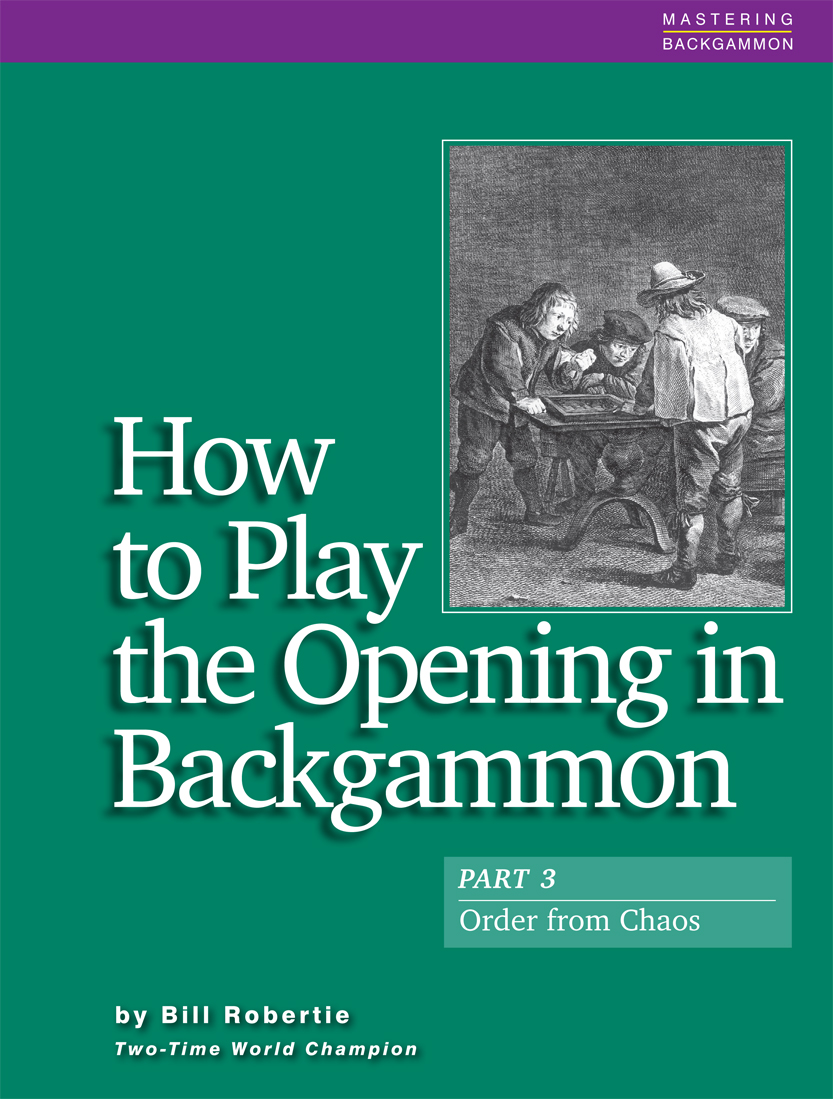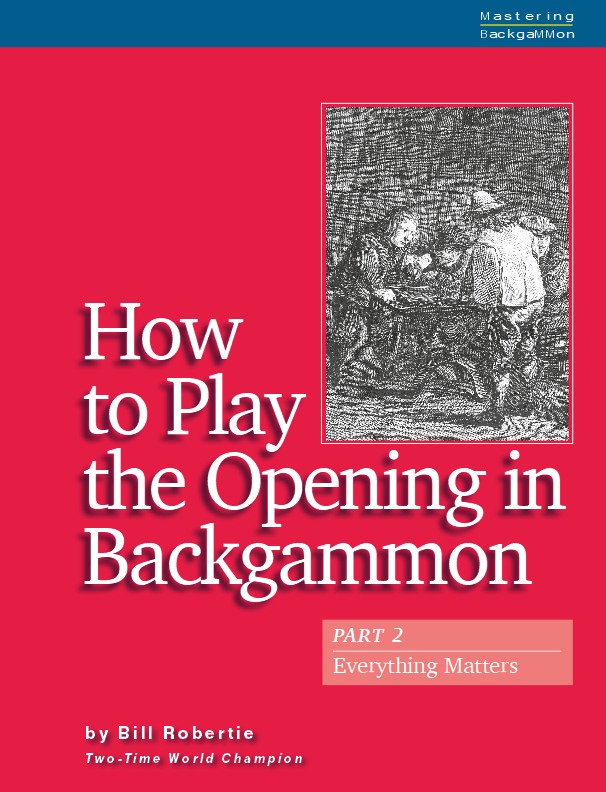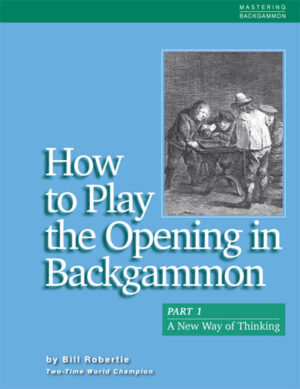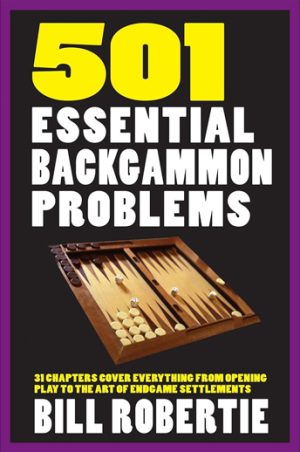In the fall of 1975 Paul Magriel was living in New York and putting the finishing touches on the book he and his wife Renee were writing. The working title was The Complete Book of Backgammon, but it would be changed to simply Backgammon when it finally appeared in November of 1976. Sometime that fall he consented to an interview with Aubrey Zelman, who was creating a new magazine called Backgammon Illustrated. The one and only issue appeared in April, 1976, priced at $1.95.
The highlight of the issue was the interview with Paul, which ran for 18 pages. Paul gave very few interviews for magazines, and what appeared about him in the press was generally brief and uninformative. This interview was very different.
The Zelman interview gave some great insights into how Paul thought about the game at that time, and conveyed a real sense of what talking with Paul was like. Paul would often start a conversation with very brief, sometimes monosyllabic comments. But once the conversation moved to an area where he had real interest, his whole face and manner would change and he’d start talking with enormous energy and enthusiasm. You’ll get a sense of that here, as well as a sense of how exciting the whole backgammon scene was in the mid-1970s.
I’ve broken the interview into two parts because of its length. Part 2 will follow in a couple of weeks. From time to time I’ve added some brief comments in brackets to make Paul’s meaning clearer to a modern player.






